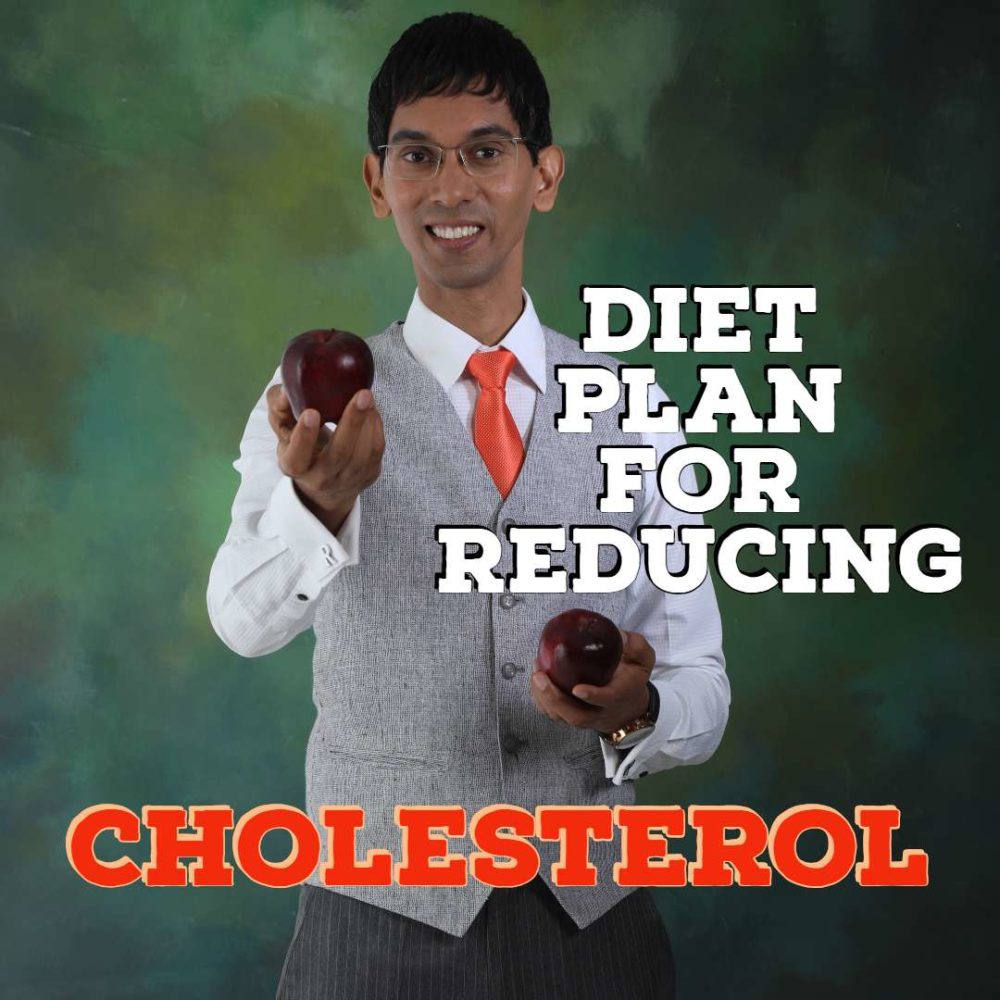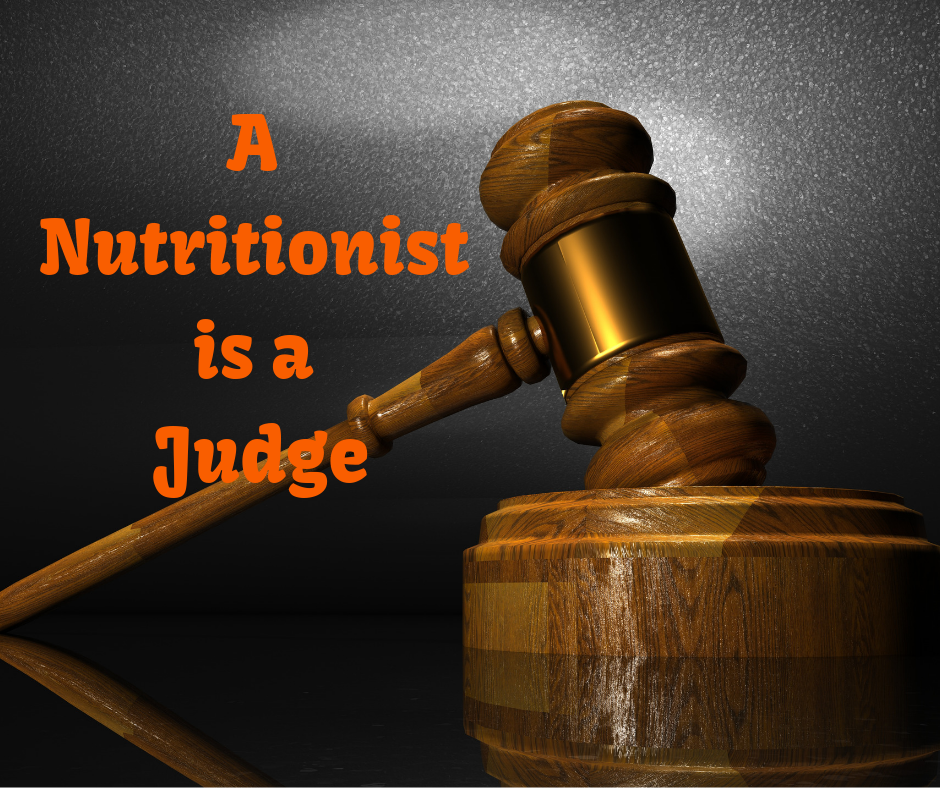DIET IS NOT FASHIONABLE!

2024-02-26 08:24:34
DIET IS NOT FASHIONABLE!
As we head towards the New Year, many of us must be thinking of ways to improve our lives in the new year. Some must have even started preparing for it.Needless to say weight loss will again be on the top of the chart. Google’s traffic is surely going to shoot up as most will be searching for any popular weight loss diet online.
Though this has a constant presence in the nutritional landscape; FAD diets tend to shift, return and fade overtime. The reason of it becoming a fashion is the gradual yet a major threat of obesity developing its root among 2 billion population worldwide, thereby pushing people to move towards quick, promising and easy solutions rather than complex lifestyle management.
We are in the era of 20-20. Everything that is quick & fast excites us. Nutrition is no different. We follow the diet which we believe will give us quick results or which has worked for someone else without knowing whether it will work for us or not.
Let discuss few of the FASHIONABLE DIETS!
Intermittent fasting:
Popularised by Martin Berkhan (personal trainer and magazine writer), this is a broad term encompassing a specific number of fasting protocols, where individuals periodically abstain from eating for longer period of time. This can include alternate day fasting, whole day fasting or time restricted feeding, maximum going up to 1.5 days without food. This calorie restriction protocol promises its association with overall health improvement, increased longevity, weight reduction, diabetes control as well as cancer prevention. Metabolically, it is said to be beneficial as it reduces the body fat percentage by 3-9%, total cholesterol by 5-20% and triglycerides by 17-50% in animals. This is due to an increased fatty acid as a fuel source and decreased plasma insulin which contributes to increased lipolysis. During this method, an individual covers only 25% of its daily calorie requirements and focuses on the high quality protein and fibre. It emphasizes on the importance of advance planning and body image maintenance.
Facts and debunk: Even though it is a reasonable alternative way to restrict calories, it has proven to have poor long term effects. Individuals tend to follow severe restrictions (known as starving), thereby developing the risk of increasing fat mass beyond the initial levels upon switching to regular lifestyle. Severe nutritional deficiencies and electrolyte imbalances come hand in hand as it is dependent on the macronutrient composition of the diet. Therefore appropriate planning, monitoring and evaluation of the fasting window, duration and feeding patterns is essential to avoid any further complications.
Keto diet:
Dr Wilder (Mayo clinic) proposed Ketogenic diet in 1921, designed to mimic the fasting state yet provide adequate energy and protein for the control of epilepsy/seizures. It is widely divided into KD (classic ketogenesis), MCT (Medium Chain Triglyceride ketogensis), MAD (Modified Atkin’s diet) and LGIT (Low Glycaemic Index Treatment), each of them having specific portions of fat:protein:carbohydrate depending on individual body requirements. In general, it is based on minimizing the carbohydrate intake (below 20g/day) and maximizing fat and proteins to induce ketosis. This in turn uses fat as a fuel source rather than glucose. Keto diet starts with a 3-4 days fasting state called ‘pseudofasted state’ followed by a low carbohydrate diet. It also reduces cravings and hunger. Currently it gained popularity as it is said to have positive effects on skin, weight, heart, stamina and performance; due to which celebrities like Kim Kardashian has tried it.
Facts and debunk: Keto diet is designed for a time span of 2-3 months only where weekly monitorization of ketone levels, energy levels, cognitive function and minor changes are important. One frequent side effect of ketogenesis is ‘keto flu’ including symptoms of fatigue, headache, constipation and nausea. This is due to rapid excretion of electrolytes. On the other hand, extreme restriction of carbohydrate can also lead to deficiencies of antioxidant, phytochemical, fiber and prebiotic which promote gut health. B vitamin deficiency, hypoglycaemia, GI distress, stone formation and decreased BMD (Bone Mineral Density) also becomes a concern. Hence, it is extremely important to practice ketogenesis under supervision.
Vegan diet:
Donald Watson, in 1944 founded the Vegan diet to promote an end towards misuse of animals by man for food. It was categorised under vegetarian style of eating excluding the use of eggs, dairy and sometimes fish. Compared to other diets, this plant based diet is considered to be rich in folic acid, dietary fibre, magnesium, vitamins and phytochemicals whereas lower in terms of omega 3 fatty acid, calcium, vitamin B12, D and cholesterol. Research shows that vegans are thinner, have lower LDL cholesterol as well as moderate blood pressure levels. Due to a lowered BMI, they also have lower cancer risks and cardiovascular diseases. Apart from this, it significantly reduces the intake of processed foods as well as carbon footprint, which proves to be beneficial both for the environment and individuals.
Facts and debunk: Even though vegetarian form of diet has been effective in reducing the body mass, it has significantly shown risk of micronutrient deficiency. Since most of the protein, omega fatty acid, calcium and vitamin B12 sources are eliminated, a fortified source/supplementation of these nutrients is extremely important. Also, a belief that vegan diet is a ‘cure for all’ is a pure misconception as very small piece of information has been discovered on veganism till date. Henceforth, keeping up to date with the changing ingredients and supplementation is the key to success, which needs to be done under supervision. This is because if veganism is not followed religiously, it might even reverse to stubborn weight gain!
High protein diet:
High Protein tops the charts as a trendy weight loss diets and celebrity backed eating plans. This popular plan developed by Dr Robert Atkins promotes the concept that a high protein food requires more work to digest, metabolize and use energy and therefore body burns more calories while processing them. As per the studies, the highest calories obtained from proteins can be 35%, equalising to 2g/kg body weight. This varies among individuals as per their lifestyle pattern. But does this give protein an edge over carbohydrates when it comes to weight loss? Well, studies show that a high protein diet reduces the level of ghrelin aka hunger hormone and induces satiety. It also significantly increases the metabolism and preserves lean body mass during weight loss.
Facts and debunk: Short term consequences of high protein diet is well known, however, long term ones are still a question mark. It is important to note that diet higher in protein is also higher in total fat. Furthermore, keeping the diet lean can be a challenge as cutting down carbohydrate to a greater extent can drastically reduce the energy output leaving an individual fatigued. Moreover studies show that very high protein diet leads to changes in the liver and renal biomarkers, leading to a low BMD. Not only this, it is important to note that focus on just one macronutrient might lead to imbalances of the others, as high protein does not only include meat and meat based products. Therefore carrying forward with this diet should be as per the individual requirement rather than the trend, practised under supervision.
What can be concluded?
We usually eat on the basis of culture and out of love or a desire to obtain a perfect body, but we need to know that the process is scientific. The way we follow a trend is in our hands. It can either make us fit or can lead to failures. But, to ensure that it is not leading to a failure, experts can be helpful. We are what we eat, and an appropriate understanding of the science behind eating can help us in achieving our goals!
Trending can be Pretending. Not one size fits all. Each individual has different needs. Call us on 9743430000 to get a customized nutrition plan which caters to your specific requirements & goals.
Ryan Fernando is an Award-winning celebrity Sports Nutritionist with 2GUINNESS world record and 2 Olympic medals under his belt. His client list include Olympic wrestler Sushil Kumar, cricketer Shikhar Dhawan & bollywood superstars Aamir Khan & Abhishek Bachchan. He is CEO & Chief Nutritionist at QUA Nutrition Signature Clinics.




